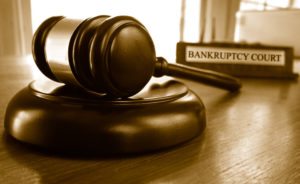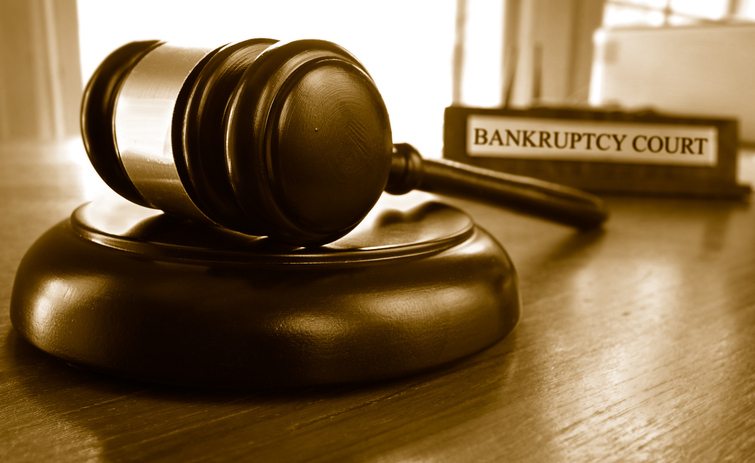 LEGAL RESOURCES FOR BANKRUPTCY CASES
LEGAL RESOURCES FOR BANKRUPTCY CASES
Filing for bankruptcy is rife with legal land mines that can seriously delay your quest for financial relief. Fortunately, you have a few resources that help take the sting of righting your financial ship.
How to Find the Best Bankruptcy Attorney
The decision to file for bankruptcy represents one of the most important decisions you will ever make. The first resource to turn to for a bankruptcy filing is a qualified attorney that has amassed a strong record of helping clients receive debt relief.
Here’s what you look for in a bankruptcy attorney:
Professionalism
Start your search for a qualified bankruptcy attorney by reviewing the National Association of Consumer Bankruptcy Attorneys. Any attorney that belongs to this organization has fulfilled the organization’s requirement of being “dedicated to the practice of bankruptcy, stays up to date on the latest developments, and provides competent representation.” After you discover members of the organization that practice in your area, visit the Bar site of your state to determine if any lawyer bankruptcy lawyer under consideration has received a legal certification to practice in the state.
Meet with the Top Three Bankruptcy Attorneys
Reduce the number of bankruptcy attorney candidates to three, and then schedule meetings with each of the three candidates. Research the attorneys by visiting each attorney website to confirm education credentials and the availability of downloadable financial forms that help you determine whether you qualify for bankruptcy relief. Most bankruptcy attorneys offer free initial consultations. Make sure you take advantage of this by scheduling meetings with the attorneys on your short list.
Personality Traits a Bankruptcy Lawyer Must Have
A bankruptcy attorney can present stellar professional credentials, but fall short in the personality department. It is paramount that you trust the legal representative that is charged with helping you extricate yourself from a financial freefall. Only consider a bankruptcy attorney that offers other options besides filing for Chapter 7 or Chapter 13. Ethical attorneys present alternatives to bankruptcy, while unscrupulous lawyers only see dollars signs by taking your case. Because of the difficulty of litigating bankruptcy cases, you want an attorney that exudes passion for your legal cause. Finally, you want a bankruptcy lawyer that listens to your concerns and more important, puts your priorities above the priorities of the firm he or she represents.
Fee Must Match the Service
Less than ethical bankruptcy attorneys like to string along clients to soak as much money out of them as possible. Even if you have a case that stands no chance in a bankruptcy court, some lawyers will take the case anyway to profit from your misery. Make sure any bankruptcy attorney you hire works for a flat fee. Bankruptcy attorneys that bill by the hour have no incentive to see a quick end to your bankruptcy case.
Bankruptcy Paperwork
Paperwork represents another legal resource that helps you navigate the choppy waters of bankruptcy law. You have several legal resources for bankruptcy paperwork, but one piece of paperwork stands out in terms of importance.
The Means Test
Perhaps no collection of forms has more importance than the forms you are required to complete to file for Chapter 7 bankruptcy. Chapter 7 bankruptcy allows you to discharge most debt within just a few months. However, you must complete several forms of which the Means Test forms represent the most important documents. Means test forms determine whether you have enough money left at the end of each month to pay off debts eventually. The forms include a list of creditors and amount owed, as well as a statement of you average monthly income.
The key to gaining debt relief through filing for bankruptcy is to use the resources provided by both legal counsel and government agencies. As they say in popular culture, you do not go to a gunfight unarmed. The same principle applies to a bankruptcy filing.
You do not enter a bankruptcy courtroom, without the resources required to receive debt relief.
